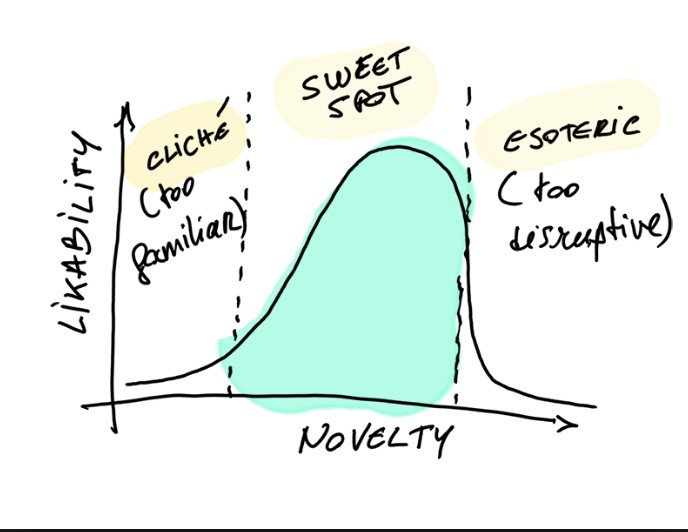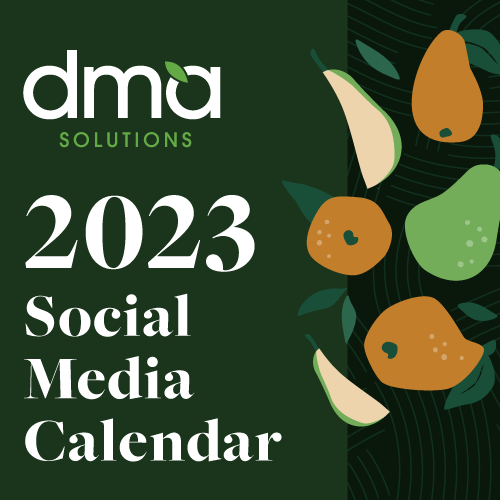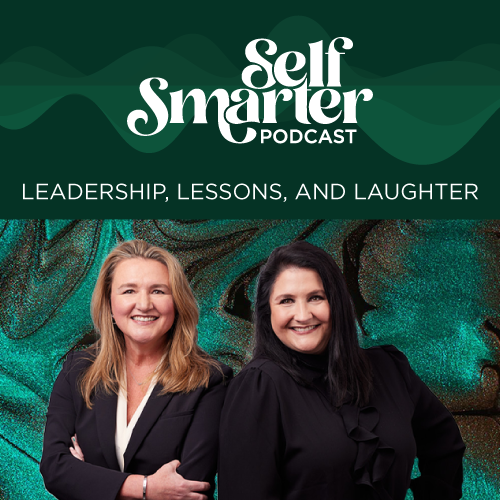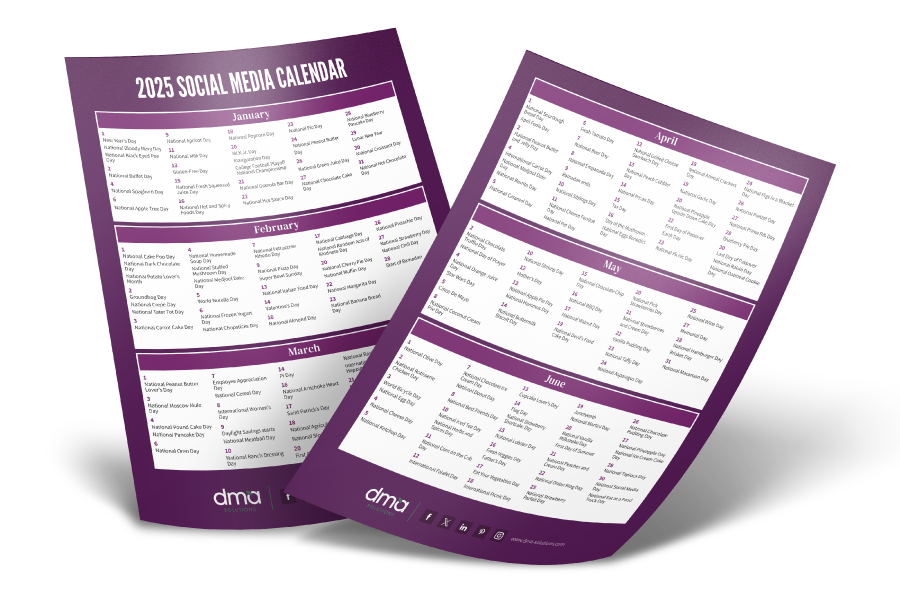The Myth:
As marketers, we’re often challenged to be at our creative best all the time, to be ready 24/7 with the next genius way to sell [fill-in-the-blank] and make your brand stand out amongst a saturated market. The reality, as Allen Gannett says in his book The Creativity Curve, is that accomplishing this feat has little to do with us being born with a higher “creative IQ” (or IQ in general) and much more to do with attaining mastery of a set of skills in a field about which we are passionate. We took a class of Gannet’s once and found these key takeaways the right challenge to get us out of a creative rut—and to toss aside the excuses that we just weren’t “born creative enough” to compete with whatever—or whomever—we are comparing ourselves to (for our fresh produce marketers out there, this can often be CPG).
The Reality:
1. Creativity is about practice, not inordinate intelligence
We tend to believe that the great creative masterminds that we admire—think your favorite entrepreneur, writer, photographer, designer, or director—are all inordinately smarter or more talented than us, and therefore their level of genius must be out of reach. What if that were not true?
Luckily for us, it’s not. Gannet found that the there is a sweet spot for creativity in a seemingly ordinary place—from mid IQ (or simply bright) to a higher IQ (or highly gifted)—and that creativity levels actually start to fall for those with the highest IQ (read “exceptionally or profoundly gifted”).
What does this mean to you? Mozart may have been a prodigy, yes, but that had a lot more to do with the fact that he practiced the piano for hours every single day beginning at a young age than with him being born with concertos in his head. Basically, if you want to get better at anything, start practicing.
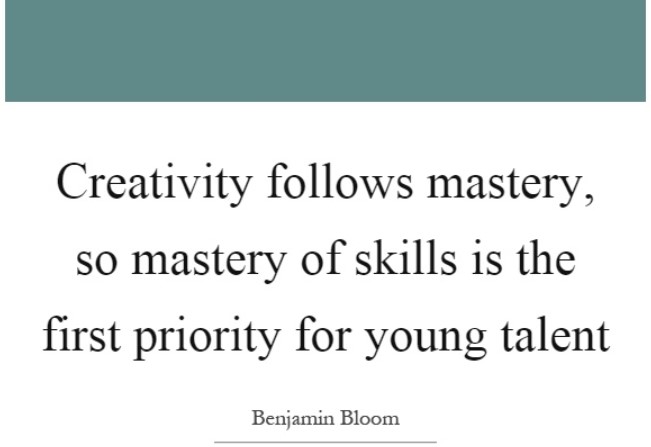
2. Consumption teaches you where to break the rules
Tied to practice is the art of consumption (note: we are talking about consumption related to your craft here). As you practice a set of skills, it’s important to educate yourself on the field you’re trying to revolutionize. The more you know about a topic, the easier it is to see patterns of success and where it’s time to break the rules. According to Gannet, “creative geniuses spend 20% of their waking hours consuming in order to have the raw ingredients for creativity.”
What does this look like? Ted Sarandos, chief content officer of Netflix and creative powerhouse, is at the helm of a media behemoth that turns out the likes of Stranger Things and Orange is the New Black. Sarandos busts the myth that a fancy education or degree inherently makes anyone more qualified; he simply found a field he was passionate about and dove in. This meant that as a teen, he watched the entire contents of the movie store he managed—and still watches 3-4 hours of film every day (and you’d think by now he’d believe he knows it all!). If you want to sharpen your marketing skills, and brilliance, start hitting the “books.”
3. The “Aha” moment is the result of practice and consumption
While we all crave that magical spark of insight that seems to come out of nowhere, the reality is that the process is a lot less magical than that coveted feeling. When that “aha” hits, it means your brain has simply taken all the information it’s accumulated, along with our tried and true skills (i.e. practice), and created connections. To explain this simply: where your skills have honed an A to B path, your expanding knowledge helps your brain find a correlation that allows you to expand and find a C-D-G path or similar. With sufficient knowledge about a subject, you are suddenly able to discern relationships between objects or occurrences that would have seemed unrelated to the untrained eye. This is the epitome of the creativity curve: the sweet spot between the familiar (practice + knowledge) and the disruptive (“aha” moment).
To leave you with the words of famed educational psychologist Benjamin Bloom, “Creativity follows mastery, so mastery of skills is the first priority for young talent.” Whether young or old, if you are looking to create something “new,” there is an art to mastering imitation—and then recognizing where you can make your own novel twist. So from the DMA team to you: happy practicing, consuming knowledge (our free resources are a great place to start!), and creating your next “aha” moment!
Have something to add? Leave us a comment below or reach out to us on Twitter @TheCoreBlog!
{{cta(‘5de978d7-8c0c-4f83-8388-4d52595702af’)}}

